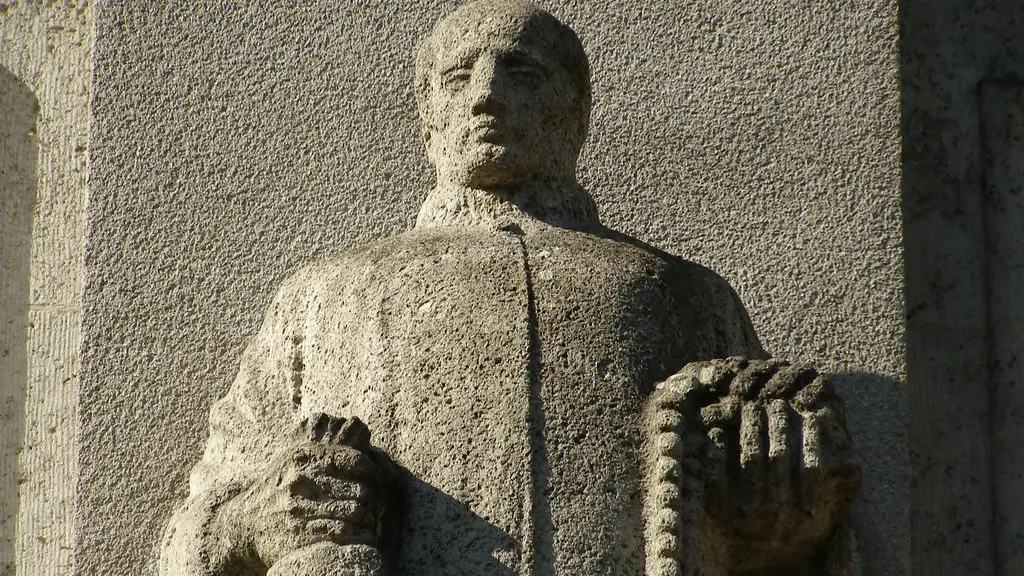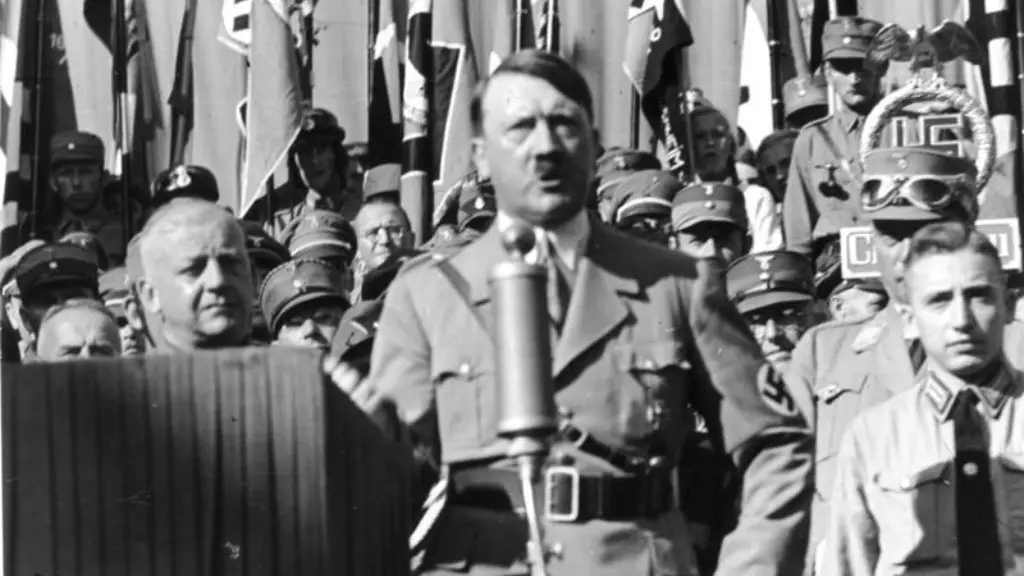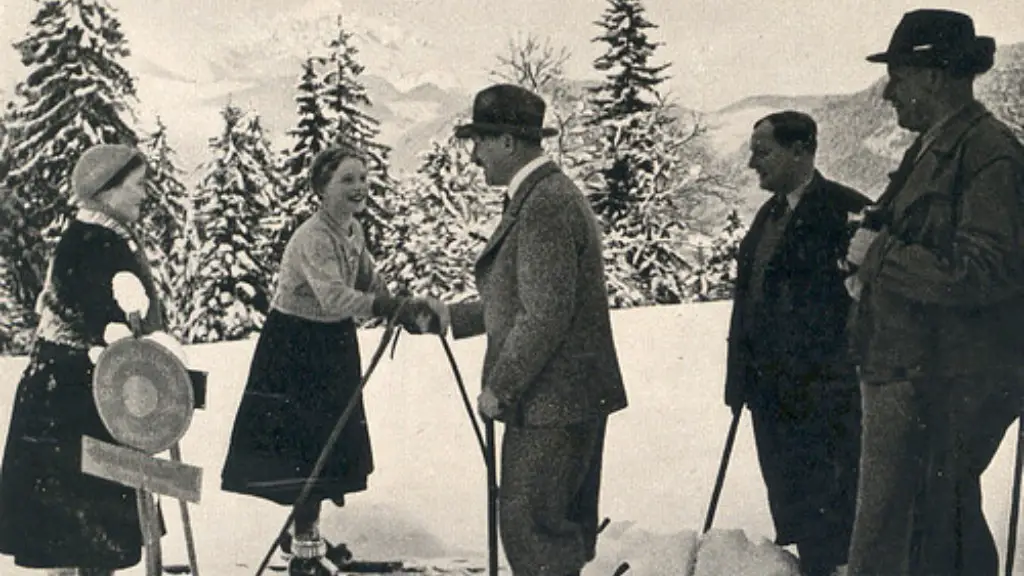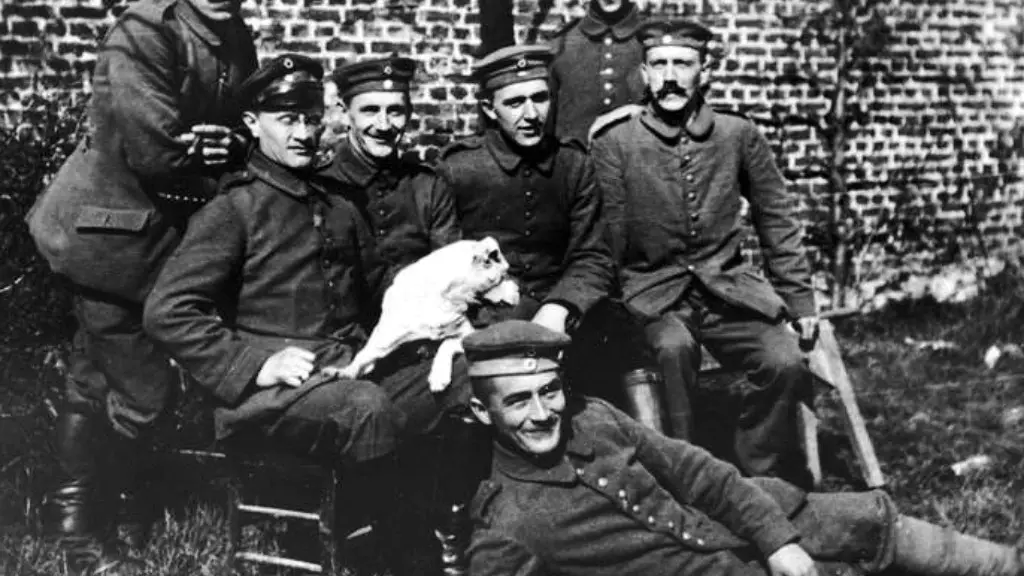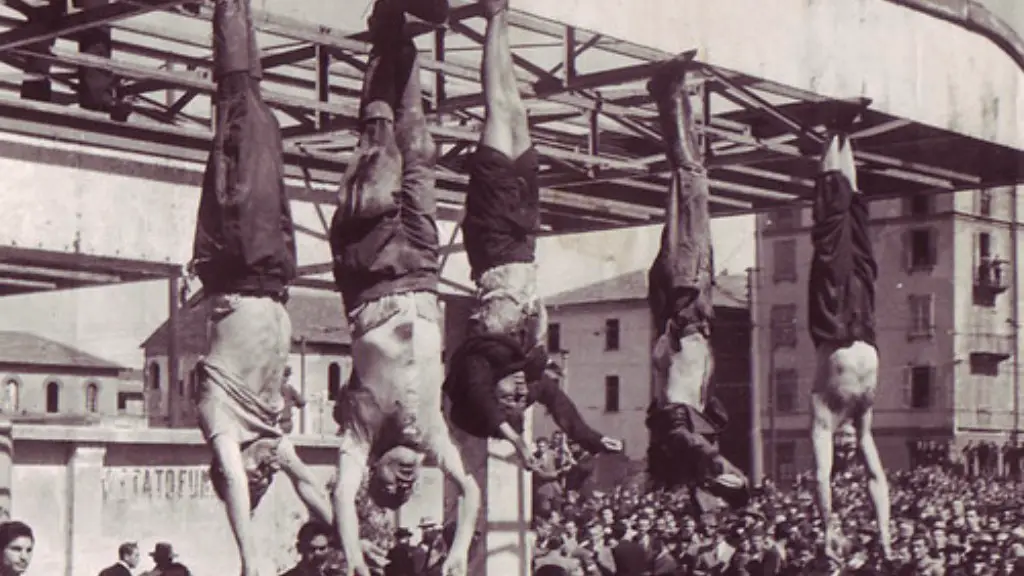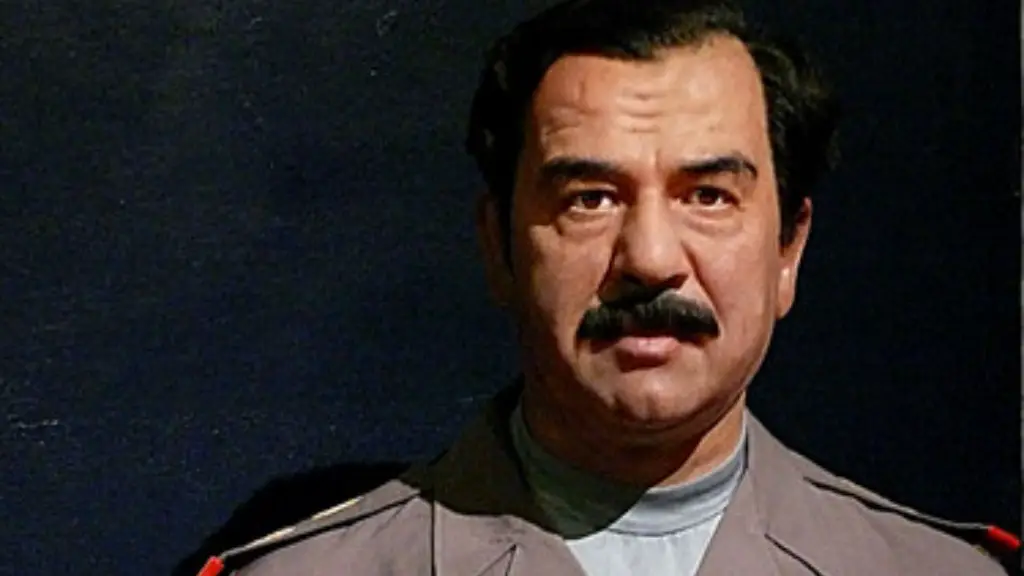Benito Mussolini, the founder of fascism, was a very controversial and polarizing figure. Despite his dictatorial methods and aggressive rhetoric, he was able to gain the support of many discontented Italians. Mussolini was a very effective speaker and was able to articulate the frustration and anger that many Italians were feeling. He was also able to tap into the nationalist sentiment that was strong in Italy at the time. Mussolini was able to appeal to both the working class and the upper class, which helped him gain a broad base of support. In addition, Mussolini was able to take advantage of the fact that there was no strong leader in Italy at the time. He was able to fill the void and become the leader that many Italians were looking for.
Mussolini’s main base of support came from the disgruntled Italians who were tired of the weak and ineffectual government that had been in power since the unification of Italy. Mussolini promised to restore Italy to its former glory and to make it a major player on the world stage. He also appealed to people’s xenophobic tendencies by scapegoating minorities, such as Jews and communists, for Italy’s problems. Mussolini’s aggressive rhetoric and actions, such as his occupation of Ethiopia, won him the support of many Italians who were looking for a strong leader to take charge.
How did Mussolini gain support?
Mussolini’s fascist movement quickly gained the support of anti-communist business people, property owners, and middle-class professionals like teachers and doctors. In 1921, Mussolini formed the National Fascist Party. But he still lacked a clear fascist program.
Benito Mussolini was a dictator who ruled Italy for over two decades. He was known for his aggressive tactics and his totalitarian rule. He was also responsible for creating fascism, an ideology that would plunge Europe into darkness.
What did Mussolini promise the Italians
Mussolini was a very passionate and persuasive speaker. He vowed to put an end to corruption and create a more stable society. He also had grandiose plans to revive the Roman empire and make the Mediterranean a “Roman lake” once again. While his rhetoric was very appealing, his actions did not always reflect his words. Ultimately, Mussolini was a controversial leader who left a complicated legacy.
Public works construction in Italy progressed rapidly under the leadership of Mussolini. Within a few years, 400 bridges, 4,000 miles of roads, and many grandiose buildings for the fascist party, post offices, and sports arenas were built. Mussolini vowed that Italy would become as powerful as it was in the times of the Augustan empire.
What did Mussolini do that was good?
I don’t necessarily agree with Mussolini’s methods, but he did build a lot of infrastructure and he did improve many parts of Italy. Tajani is right, we can’t deny that.
Mussolini’s rise to power can be attributed to two main features, Mussolini’s talent in journalism and his recognition of the importance of the media and sheer force of personality. Mussolini was born in Northern Italy in a town called, Dovia di Predappio. When he was young, Mussolini was a very good student. He was excellent at sports and was very popular with his classmates. Mussolini’s father was a blacksmith and his mother was a schoolteacher. Mussolini’s parents were very strict and they expected him to do well in school and become a professional. However, Mussolini was not interested in school and he dropped out of college after only a year.
What was Mussolini’s motivation?
Mussolini was a strong advocate for Italy joining the war effort, which put him at odds with the Italian Socialist Party. The Party eventually expelled him due to his pro-war advocacy. In response, Mussolini formed his own political movement, the Fasces of Revolutionary Action. The movement was aimed at encourage Italians to partake in the war.
Mussolini’s efforts to improve relations with the Soviet Union were motivated by a desire to increase trade between the two countries. The Italo-Soviet agreement of 1923 was an important step in this process, as it led to the Soviet Union being officially recognized by Italy in 1924. This increased trade between the two countries and helped to boost the Italian economy.
What did Mussolini do and for what purpose
Benito Mussolini was an Italian political leader who became the fascist dictator of Italy from 1925 to 1945 Originally a revolutionary socialist and a newspaper journalist and editor, he forged Italy’s violent paramilitary fascist movement in 1919 and declared himself prime minister in 1922. A charismatic and ambitious leader, Mussolini oversaw a period of significant and controversial change in Italy during which he severely limited freedom and civil rights, and oversaw a massive build-up of the country’s military. Mussolini was eventually ousted from power in 1945 and executed by his own countrymen in the waning days of World War II.
Mussolini was an Italian dictator who led the National Fascist Party. He rose to power in the early 1920s, and became Prime Minister in 1922. Mussolini’s primary aim was to make Italy a world power through military expansionism. He also sought to improve the country’s economy and infrastructure. Under Mussolini, Italy occupied Ethiopia and Albania, and also fought in World War II.
What did Mussolini promise the people of Italy quizlet?
Mussolini promised to help the economy and build the armed forces. Hitler believed Germans were superior to all other people.
The Treaty of Versailles was intended to bring peace to Europe after the devastating First World War. However, it instead sowed the seeds of discontent that would lead to the rise of fascism in Italy and Germany.
The economic crises that gripped both countries after the war made life very difficult for the average citizen. unemployment was high, food was scarce, and people were angry. The treaty also gave Italy much less territory than they had been promised, further inflaming nationalist passions.
The discontent caused by the treaty would ultimately lead to the rise of Mussolini and Hitler, and the devastation of the Second World War. It is a tragic reminder of the consequences of failed diplomacy.
What were the 3 causes of fascism in Italy
Fascism was first introduced in Italy by Benito Mussolini in the early 1920s. At its core, fascism is a political ideology that promotes national unity and pride, a strong centralized government, and authority and control over the individual. Mussolini and the Fascists were able to gain power in Italy due to the country’s instability following World War I and the weak leadership of the liberals and socialists who were in charge. The Fascists were able to quickly consolidate power and establish a dictatorship.
Italian Fascism remained in power until the end of World War II. While the ideology did not have widespread support outside of Italy, it did influence other fascist regimes that arose during the inter-war period, such as Nazi Germany.
Mussolini was a strong leader who was able to consolidate his power and use propaganda effectively. However, he had weak economic policies, his foreign policy was flawed, and his relations with Nazi Germany were problematic.
What did Mussolini advocate for?
Mussolini denounced the PSI, his views now centering on Italian nationalism instead of socialism. He later founded the fascist movement, which came to oppose egalitarianism and class conflict, instead advocating “revolutionary nationalism” transcending class lines.
Mussolini was a fascist leader who led a coalition of fascist leaders to Rome in 1922. After the war, he organized groups to wage campaigns of terrorism and intimidation against Italy’s leftist institutions. He was appointed prime minister in 1922.
Why did Mussolini take control of Italy
Italy’s King, Victor Emmanuel III, refused to declare a state of emergency and impose martial law. Instead he dissolved the government and asked Mussolini to form a new one. Mussolini became both prime minister and interior minister, the latter post, critically, giving him control over the police.
Mussolini planned to increase Italy’s strength and power by expanding Italian territory and creating an empire. This would give Italy access to more resources and allow it to exert its influence over a larger area. Additionally, Mussolini hoped that this expansion would make Italy more prosperous and powerful, making it a leading nation in Europe.
Conclusion
Mussolini won the support of discontented Italians by offering them a vision of a strong, prosperous Italy that would be respected by the rest of the world. He promised to bring order to a country that had been plagued by chaos and political instability for much of the 20th century. Mussolini also played on the feelings of nationalism and pride that many Italians felt, and he was able to tap into the existing desire for a strong leader who could bring about positive change.
Benito Mussolini was a smart politician who knew how to take advantage of the discontent of the Italians. He promised them a better future and they believed him. He was also a very good speaker and could convince people to support him.
